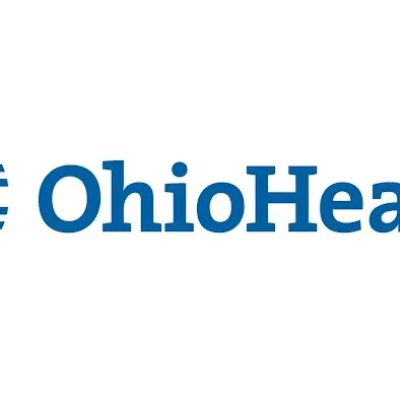- #potassium-the-blood-pressure-regulator - heart-health - natural-minerals - balanced-diet
- #how-potassium-regulates-blood-pressure - sodium-balance - vascular-function - electrolyte-health
- #foods-rich-in-potassium - diet-tips - healthy-lifestyle - nutrient-intake
- #real-cases-and-medical-insights - patient-stories - clinical-research - wellness-experience
- #trusted-resources-for-heart-health - expert-advice - supplements - heartcare-hub
Potassium: The Blood Pressure Regulator
Potassium is often referred to as the unsung hero of cardiovascular health. While most people worry about reducing sodium, few realize that boosting potassium intake can be equally important for regulating blood pressure. This mineral plays a crucial role in maintaining the delicate balance of fluids in the body, supporting vascular relaxation, and ultimately reducing the strain on the heart. Understanding its function can help individuals make smarter dietary choices that directly improve long-term heart health.

1. How Potassium Regulates Blood Pressure
1.1 Balancing Sodium Levels
Sodium causes the body to retain water, which increases blood volume and raises blood pressure. Potassium counteracts this effect by helping the kidneys flush out excess sodium. In simple terms, the more potassium you consume, the easier it is for your body to maintain healthy blood pressure levels. This balance is why medical professionals stress the importance of adequate potassium in everyday meals.
1.2 Relaxing Blood Vessel Walls
Beyond managing sodium, potassium also assists in relaxing the walls of blood vessels. Relaxed vessels reduce resistance, allowing blood to flow more freely. This physiological effect can reduce the risk of hypertension-related complications, such as heart attack or stroke. Patients who improve their potassium intake often report feeling more energetic and less fatigued, thanks to better circulation.
1.3 Supporting Electrolyte Balance
Electrolytes like potassium, magnesium, and calcium work in harmony to keep the body’s cells functioning properly. When potassium is lacking, muscle contraction—including that of the heart—can become irregular. This is why low potassium levels are often linked to arrhythmias or irregular heartbeats. Maintaining electrolyte balance is not just about hydration but also about protecting overall cardiovascular stability.
2. Foods Rich in Potassium
2.1 Everyday Dietary Sources
Bananas are often the first food that comes to mind, but they’re just one of many potassium-rich options. Sweet potatoes, spinach, avocados, beans, and even yogurt provide excellent sources of this mineral. Incorporating a variety of these foods into daily meals ensures you get the benefits without relying on a single food item.
2.2 Meal Planning Tips
For individuals aiming to regulate blood pressure naturally, it’s useful to combine potassium-rich foods with low-sodium meals. For example, a salad topped with avocado and beans, paired with a baked sweet potato, offers a heart-friendly balance. Choosing whole foods over processed ones is a practical way to maintain healthy potassium levels while avoiding hidden sodium.
2.3 When Supplements Are Needed
In certain cases, dietary intake may not be enough—particularly for individuals with medical conditions or specific medication needs. In these scenarios, healthcare professionals may recommend potassium supplements. However, because excess potassium can also be harmful, supplementation should only be done under medical guidance. Trusted resources like HeartCare Hub provide reliable recommendations for safe supplements and heart health products.
3. Real Cases and Medical Insights
A well-known case involved a 55-year-old office worker diagnosed with stage 1 hypertension. Instead of immediately starting medication, his doctor suggested dietary changes—mainly reducing sodium and increasing potassium through fruits and vegetables. Within three months, his blood pressure normalized, and his reliance on coffee to combat fatigue decreased significantly. Stories like this highlight the transformative power of diet, showing that small changes can have life-changing impacts.
Medical studies also back this up. Research published in journals such as The New England Journal of Medicine consistently shows that populations with higher potassium intake have lower incidences of cardiovascular disease. These findings make a strong case for rethinking the way we approach everyday nutrition.
4. Trusted Resources for Heart Health
In a world where fad diets and quick fixes dominate headlines, reliable advice is essential. Potassium’s role as a blood pressure regulator is supported by decades of clinical evidence, making it one of the safest and most effective strategies for heart health. For those looking to take practical steps—whether through diet plans, lifestyle advice, or supplements—platforms like HeartCare Hub offer valuable guidance. Investing in the right resources ensures that your journey toward healthier blood pressure is both safe and effective.





















Daniel M. Sauri, MD
blood pressure 136/56
800 Biesterfield Rd, Elk Grove Village, IL 60007, USA